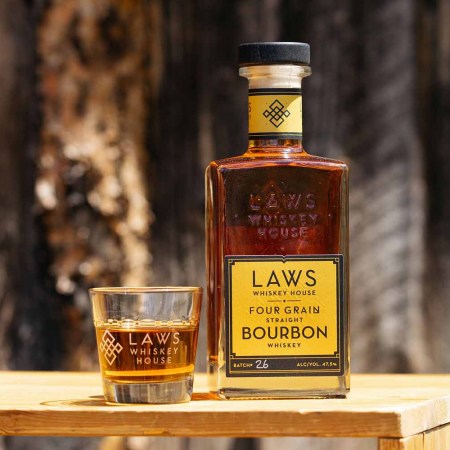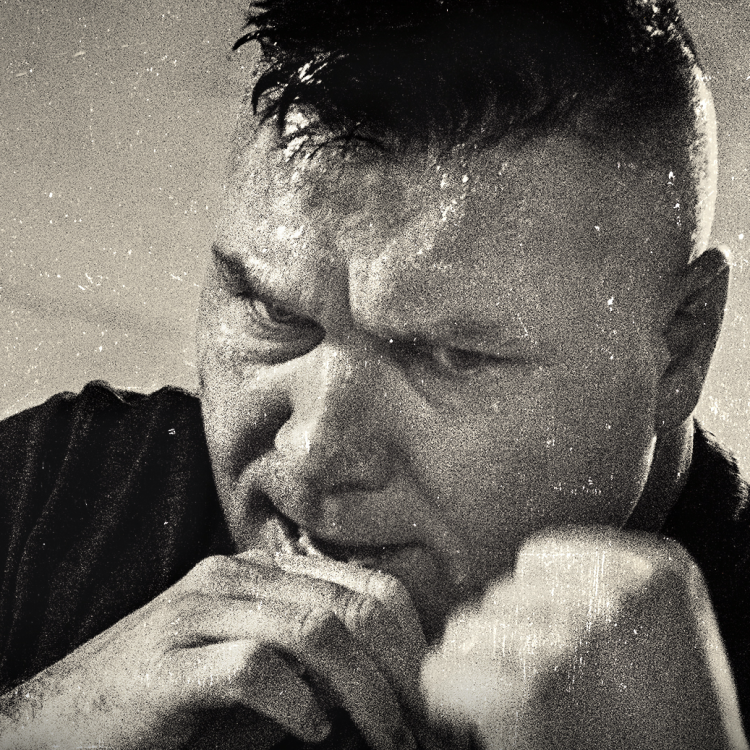It’s hard to believe that it’s been a year since the sporting world lost golf titan Arnold Palmer.
Golf magazine’s Michael Bamberger, who last year published a book that touched on Palmer’s legacy on and off the green (especially, as it concerned the Masters), caught up with the late golfer’s eldest daughter, Peg, to discuss her father and his legacy.
Putting things into perspective, Palmer’s other daughter, Amy, has been put in charge of his fortune and foundation; while Peg, who “butted heads for half a century” with her father, brings a more intimate, outsider’s view of her father’s legacy to the table. And Bamberger senses it and lets her air everything out in the feature.
RealClearLife has teased out some of the most surprising quotes and facts from Bamberger’s feature below.
-Kit, Palmer’s second wife, was with him when he died. He was walking around his room when he collapsed and died. Palmer had been scheduled for heart surgery the following day. Says Peg of the moments after he died: “It wasn’t him anymore. It was just a body. He was gone. The harder thing was seeing him in pain, to see him helpless and sick. But it wasn’t until Daddy had died that I could really grieve for my mother, even though she died 18 years earlier. I didn’t want him to see how painful her death was for me. After my mother died, I don’t think my father ever gave her the credit she deserved. And that really made me angry.”
-Says Peg of her father: “The power, the fame, the money, at some point it distorted who he was. Marketing turned Daddy into somebody who was pretty bland, and he was not bland.”
-In the early years, says Peg, Palmer was all about the entertainment value of what he was doing. “But as the money came, as more people at more companies relied on him, things changed. He always liked to say, ‘Well, I can give this all up and just dig ditches.’ But at some point, that wasn’t true. The money can make you delusional.”
-Peg refers to her family as “hillbillies.” “[Palmer] liked to say, ‘I worked my ass off.’ He had that hillbilly mentality. Our whole family does.”
-Writes Bamberger: “[Peg] is not sure what will come to her and her children as the estate is settled, though it is likely to be millions. ‘The money is really not important to me,’ she [told him]. ‘My husband and I live modestly. We live in 1,600 square feet in Durham.’ The warehouse in Latrobe that holds the Palmer memorabilia is triple in size.”
-Speaking of her father’s workshop—where he mended clubs and such—Peg says: “He put the time into his clubs because he loved doing it—he was a man who did what he loved. My dad was a manly man, kind of macho, kind of a chauvinist, but he was also a very creative person. The workshop gave him a chance to be creative. …Working on the clubs also kept him in touch with his working-class roots. I think my dad really celebrated the working class, and he felt connected to people who did things for themselves, as he did. That helped him be the architect of his own destiny. Doing things with his own tools, with his own hands, that was part of his identity.”
Whether you’re looking to get into shape, or just get out of a funk, The Charge has got you covered. Sign up for our new wellness newsletter today.

















